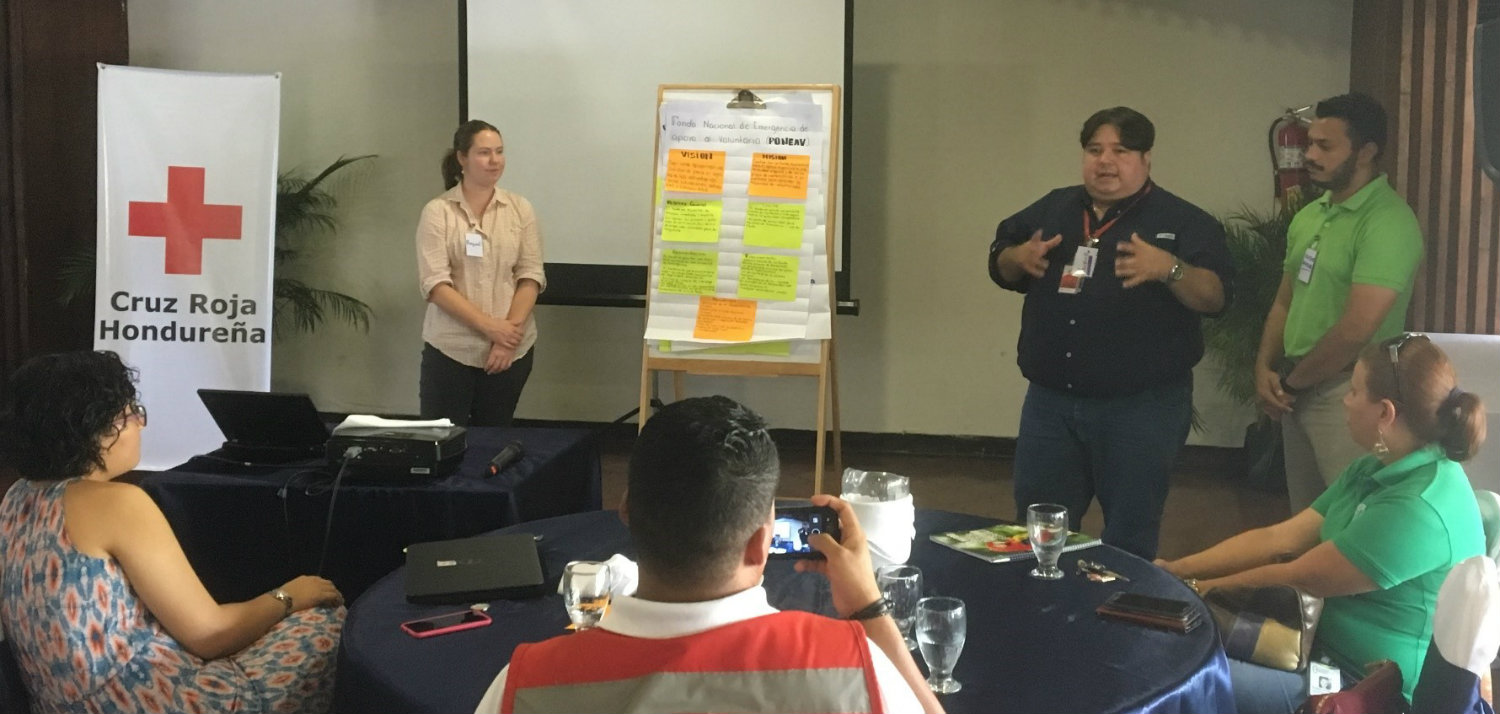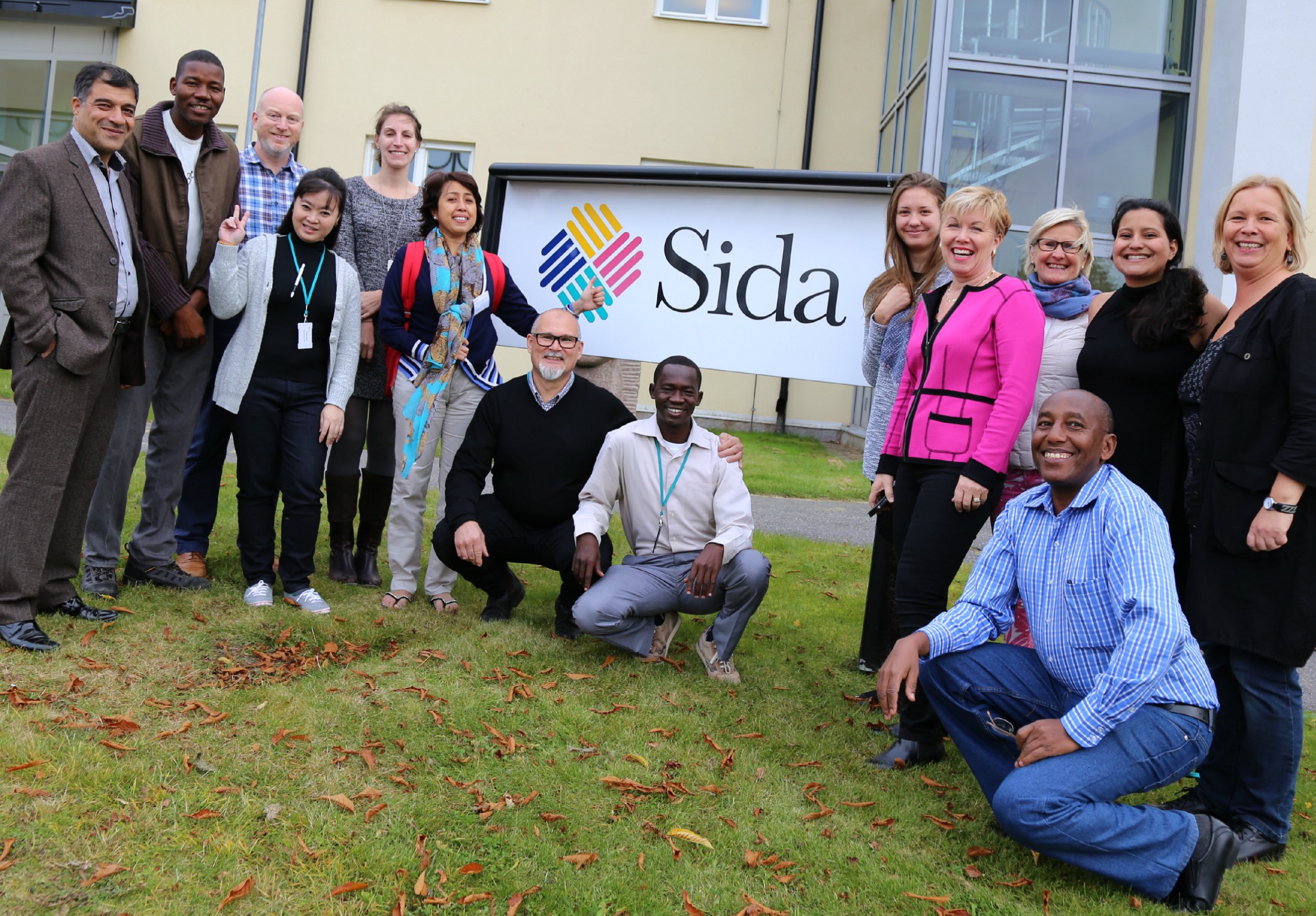Pop-up innovation lab on volunteer insurance in Honduras
28 – 30 March 2017, Tegucigalpa, Honduras
The collected data in the Listening Study and the research has provided insights into a number of key areas concerning local humanitarian volunteering. One of the data sets of the Listening Study particularly focus on local volunteer insurance, whereas the others explore some of the broader issues surrounding safety and security, governance, funding and resources, that are closely linked with the issue of volunteer insurance. Despite commitments made by National Red Cross Red Crescent Societies, the ViCE data provide a picture where volunteer insurance are either not provided, or are inadequate. National Societies express challenges in getting adequate systems and measures in place to ensure protection of local volunteers.
Volunteers in National Societies sometimes face a critical lack of support from local systems, regarding their safety and security, and the protection measures necessary to carry out humanitarian activities in complex settings. Having identified those needs, solutions must be identified. In order to assure acceptance, a feeling of ownership and sustainability, these solutions must, to a possible extent, be locally sourced, and must involve an integral perspective in its development.
In order to achieve this, the Honduran Red Cross identified stakeholders, both internal and external to the National Society, whose perspectives would add up to a greater involvement in solution development and their future implementation. These stakeholders included base volunteers, volunteers in high leadership positions, National Society staff in key positions, academics, external volunteers (NGO), professionals in the volunteering sector, representatives of the private sector, and insurance and finance specialists.
All of these, took part in a facilitated collaborative process to:
- identify the problems expressed by volunteers, and the underlying issues related,
- explore the issue and become better exposed to all aspects of the identified development challenge,
- identify different approaches to solve the issues, and
- develop different ideas for models/prototypes of solutions.
The participants at the pop-up lab explored three areas during the process.
- Insurance policy,
- National Emergency Fund, and
- a series of alternative ideas.
To read more, download the full report in English 2017-Volunteer-Insurance-Innovation-Lab-ViCE-EN.pdf or Spanish 2017-Seguro-para-Voluntarios-Laboratorio-de-Innovación-ViCE-SP.pdf


